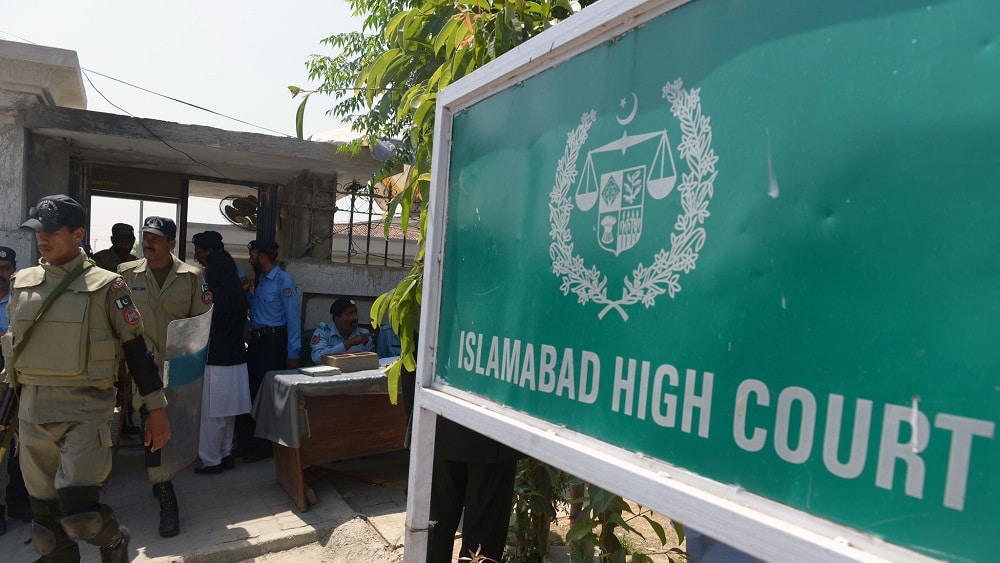Judge Babar Sattar hinted that the Chairman of the Pakistan Telecommunication Authority (PTA) and its Board members would face a contempt of court notice during the Islamabad High Court hearing on the audio leaks petition.This action is being taken in the midst of proceedings on petitions over unlawful audio leaks that Najam-ul-Saqib and Bushra Bibi have submitted.
Judge Sattar declared the current methods unlawful in the absence of an appropriate process, pointing out that there is no legal structure that permits phone tapping. He underlined that telecom providers bear similar accountability if they are discovered to be giving citizens’ data without the proper verification.In its defense, the PTA said that telecom operators had installed the system in accordance with PTA guidelines and that it has not authorized the tapping of phones to any organization.
Additional Attorney General Munawar Iqbal Duggal clarified during the court that data requests are made by authorized individuals from intelligence agencies. He further noted that other law enforcement agencies can get this data through these intelligence agencies, but ISI and IB can directly obtain data from service providers under a new policy that was developed in 2013 in response to a ruling by the Sindh High Court.
Judge Sattar questioned the jurisdiction of the Ministry of Interior in order to cast doubt on the validity of the Standard Operating Procedure (SOP) issued by a section officer. Noting that this document did not specifically address phone tapping, he questioned the legality of providing real-time location data without a warrant and emphasized the necessity to investigate the document’s legal standing.
Justice Babar Sattar made a request on the PTA’s operations and workings. The PTA’s attorney told the judge that the organization does not have the right to monitor people or tap phones. Judge Babar Sattar asked the PTA attorney if they thought that information could be accessed just by looking at a division’s written work. The PTA attorney retorted that, in his view, it could be done after receiving cabinet clearance.
The telecom firms’ attorneys were questioned by the court regarding their data provisioning practices, data retention policies, and parties to agreements they may have with respect to data entering Pakistan through cables.The attorney told the judge that the corporation is the only entity with access to the information. The agency’ access to the data without the consent of the telecom firms was questioned by the court. According to Justice Babar Sattar, there is no legal justification for phone tapping, hence it is unlawful for any telecom provider to cooperate in such activities.
He questioned how Section 57 could authorize a surveillance system in the absence of any legislation. The attorneys for the telecom companies claimed that the operators are not aware of how the data is utilized and that providing data is a requirement for them to be granted a PTA license.
The attorneys for the telecom corporations also stated that two percent of the data of all telecom subscribers might be accessed concurrently by approved agencies. The court questioned how telecom businesses are not held accountable when they cover the expenditures and implement the system, as well as whether two percent of the nation’s telecom operator customers’ data is being accessed.
